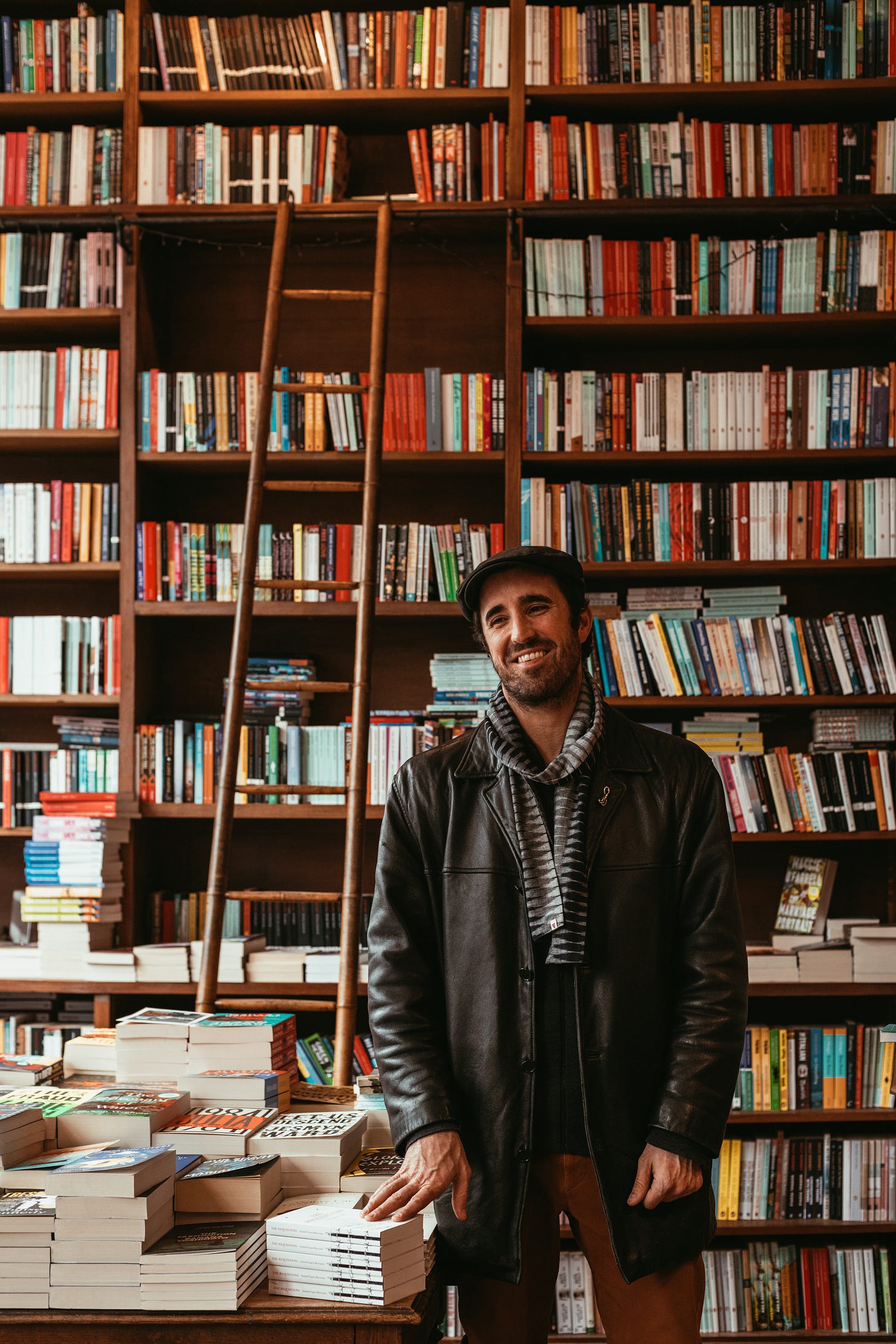1
I spent the majority of my academic life studying history historiography. As those who’ve read my latest novel about the Nazi Occupation of Poland, The Requisitions, now know (last chance to grab a 1st edition before they sell out), my obsession with the stories we tell ourselves about World War Two began when I was a child and has been a primary curio…
Keep reading with a 7-day free trial
Subscribe to if not, Paris to keep reading this post and get 7 days of free access to the full post archives.




